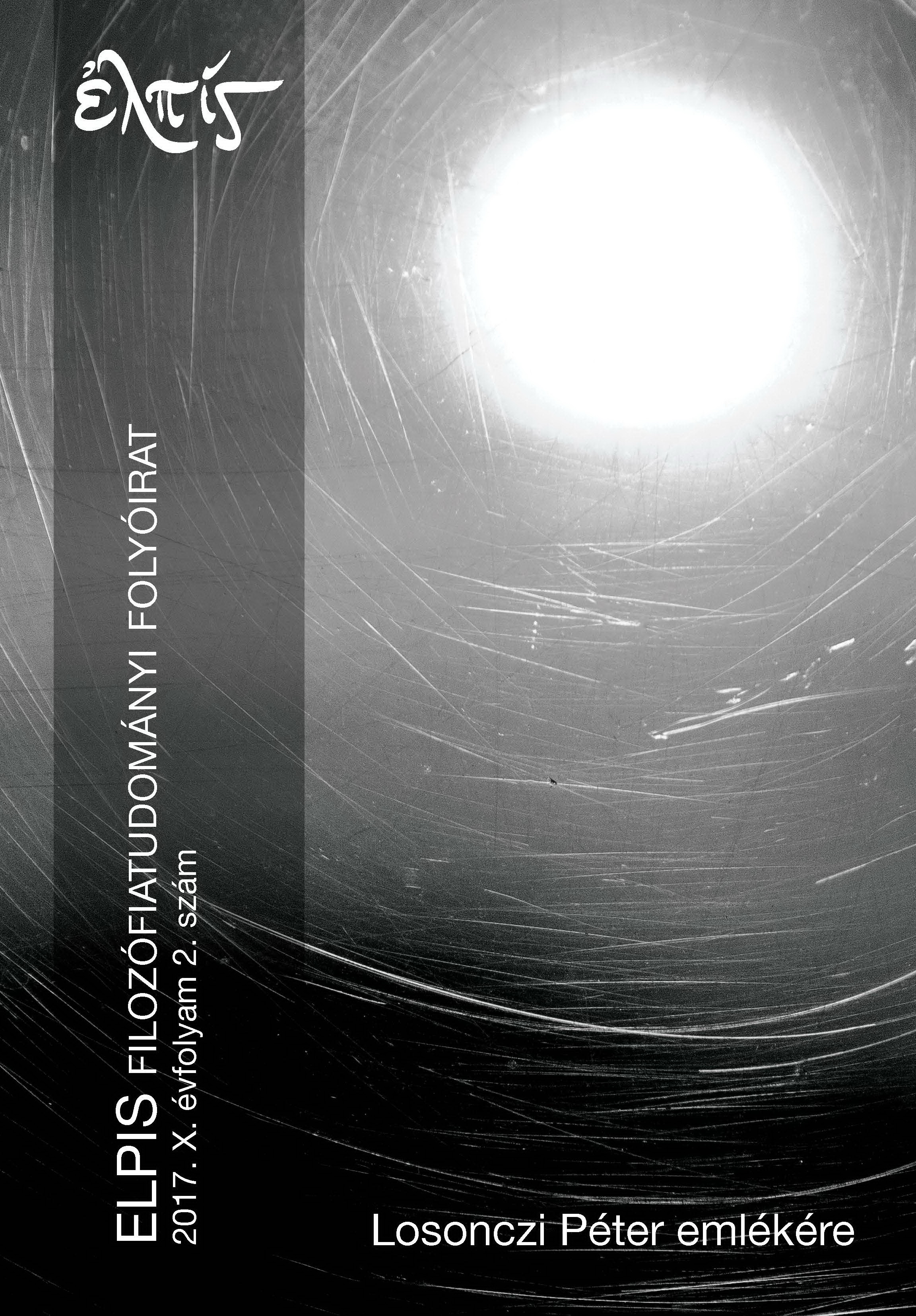“Political Prudence" and "Internal Constraint". On Kant's Program of Enlightenment
DOI:
https://doi.org/10.54310/Elpis.2017.2.5Keywords:
Kant, Political Philosophy, Moral Destiny, EnlightenmentAbstract
Starting from a footnote in Kant’s Anthropology from a Pragmatic Point of View, in my paper I reconstruct the connection, firstly between the character and moral destiny of the human race, and secondly, between its moral destiny and the program of elaborating a cosmopolitan constitution. I will then examine how Kant defines the action space of a “citizen of good character”, on the one hand, and the action space of a “monarch of good character”, on the other. Following this I focus on the notion of “internal constraint of conscience” and discuss a “constructive” and a “destructive” aspect of this concept and associate this distinction with two other conceptual pairs (Praxis – Praktiken, cognitio philosophica – cognitio historica). I argue that according to the Kantian view, the Enlightenment should be implemented by offering a way out of the state of the destructive internal constraint with the help of a constructive internal constraint. My conclusion is that this project leads to indissoluble tensions.




